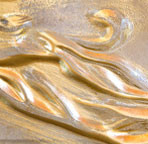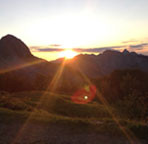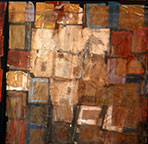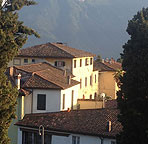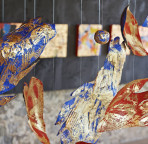Perhaps this is Cézanne’s singular achievement. He returned painting to the realm of the creation. These paintings are worldly, creaturely. . . . Too often art is regarded as a means to climb the ladder of divine ascent, to aspire to the heavens and commune with the divine. For Cézanne art is a creaturely practice, one that revels in nature. He exclaimed, ‘Oh, nature, nature! Who has ever plumbed its secrets?’ Cézanne most definitely follows the Psalmist’s avowal that nature “speaks” (Ps 19:1-2). —Daniel Siedell, Who’s Afraid of Modern Art?
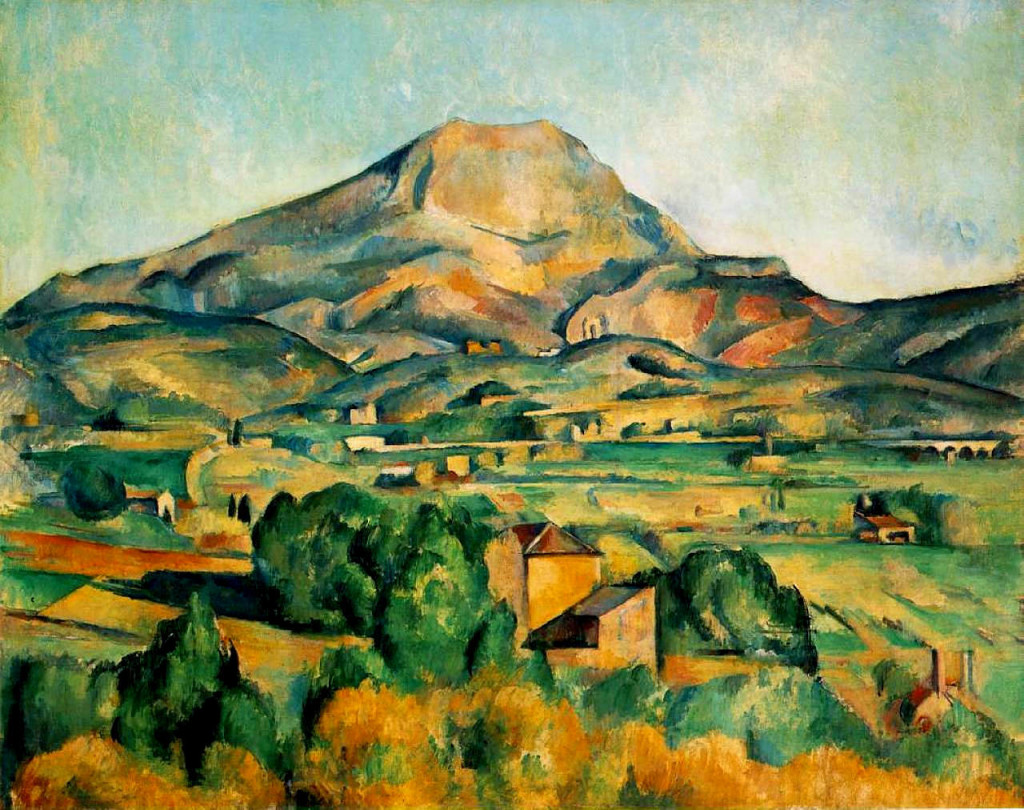
Writing about the tremendous impact the work of Paul Cézanne had, not only on artists of his own day but on contemporary art in general, curator and art critic Daniel Siedell observes: “Cézanne’s artistic project was simple: paint nature. It is hard to exaggerate just how radical this is. The entire modern project was driven by a recommitment to nature. When artists began to open their eyes, go out into nature and paint sur le motif, as Cézanne called it, nature became strange and mysterious. Cézanne admitted, ‘Nature appears to me so complicated.’ Every painting for him was a struggle to understand the object before him.”
“In contrast, the artistic establishment pillaged nature in order to perfect it, using it as a backdrop for classical and biblical stories that shaped virtue or delighted the soul. Not so for Cézanne. ‘You don’t paint souls, you paint bodies; and when the bodies are well-painted, dammit, the soul—if they have one—the soul shines through all over the place.'”
(. . . )
“Cézanne was mesmerized by nature, fascinated by its riches, and thoroughly at home with it. For him his work as an artist was entirely devoted to serving it. But what is important to note is that it is not nature, bereft of God, that Cézanne experienced, but nature as a gift from God. ‘To see the work of God, that’s what I apply myself to.’ Heidegger claims that Cezanne’s paintings assert that ‘life is terrifying:’ but these paintings see something more, as do their maker, who believed that the world that so captivated him was God’s. . . . It is the work of faith that transforms brute, crushing nature that is terrifying into a gift from God to be received, experienced, ‘heard’ as a promise of love.”
Comments welcome.

